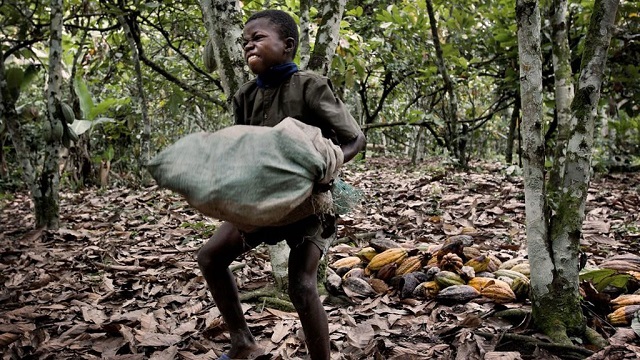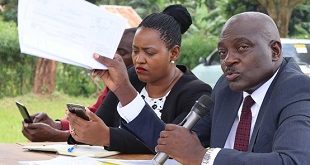
Kayunga, Uganda | THE INDEPENDENT | Leaders in Kayunga district have raised concern about the challenge of child labour.
Following the closure of schools due to the outbreak of the Covid-19 pandemic, children engaged in causal jobs that include sand mining, hawking, bricklaying, fishing and sugarcane cutting to earn income.
Ramadan Simali, a school inspector for Ntenjeru county is worried that many pupils are likely not to attend school when they reopen. He notes that before the school lockdown, about 70 pupils were dropping out of school to engage in casual jobs.
The District Labour Officer Collins Kafeero says that they are yet to compile the numbers of school-going children doing causal jobs. He however says that before the lockdown, more than 600 children were involved in sand mining in Kangulumira, Busaana and Kitimbwa sub-counties.
Robert Kiggundu, the Kangulumira sub-county chairperson elect blames the parents for looking on as their children are being exploited. He adds that if parents don’t take any action on the matter, the children will be deprived of their education.
“Survival is not good in our community for both children and parents but we are talking to them to be supportive of each other.”
Daniel Ssuuna, a fourteen-year-old boy in Primary Six at Nateta Church of Uganda Primary School Kangulumira says he got involved in the business of sand mining to earn money.
He says his father could not support their family of four other young children anymore after his chapati kiosk was destroyed by soldiers enforcing curfew directives.
Ssuuna says they sell a trip of sand at 70,000 Shillings, but they are supposed to pay 20,000 Shillings to the owner of the land.
Alama Sseruggo, a thirteen-year-old vegetable seller at Kangulumira trading centre says she supports her mother to raise money for him and his other three young siblings. He says that the money will be useful when they return to school next month.
In May, Save the Children released a report indicating 56 percent of Ugandans had noticed an increase in child labour since the beginning of the lockdown.
*****
URN
 The Independent Uganda: You get the Truth we Pay the Price
The Independent Uganda: You get the Truth we Pay the Price


